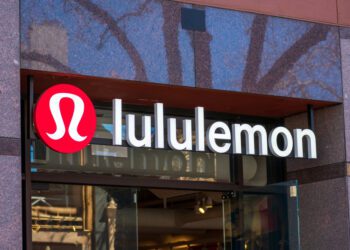Uber is looking to two wheels amid hard times.
Uber has officially announced that it plans to focus more on its electric scooter and bike business, and less on cars, despite the fact it could put a dent in profits.
Boss Dara Khosrowshahi told The Financial Times that individual modes of transport, such as bikes and scooters, were better suited to inner city travel, especially shorter journeys.
“During rush hour, it is very inefficient for a one-tonne hulk of metal to take one person 10 blocks,” Khosrowshahi said in an interview. “Short-term financially, maybe it’s not a win for us, but strategically, long term, we think that is exactly where we want to head.”
Uber has invested in a number of bike firms in the past year. Its Jump electric bikes are now available in eight US cities and will shortly launch in Europe. The ride-hailing firm has also teamed up with Lime, an electric scooter company.


Lyft followed suit by purchasing Motivate, the company behind citywide bike-sharing programs such as New York’s CitiBike and San Francisco’s Ford GoBike system, in July.
Khosrowshahi admitted that Uber makes less money from a bike ride than from the same trip in a car, but said this would be offset as customers began to use the app more frequently for shorter journeys.
Mission: Improve finance… or else
While he acknowledged that Uber drivers could lose out from the plan, he posited that over the longer term, drivers would benefit from more lucrative longer journeys.
The news comes as Uber, which lost $4.5bn in 2017, is under pressure to improve its finances ahead of an anticipated public listing.
Revenue from its ride-hailing service continues to rise, yet the cost of expansion into new areas such as bike sharing and food delivery has meant losses have grown rapidly.
Furthermore, New York recently voted to impose a temporary cap on new licences for ride-hailing vehicles to tackle congestion, with the mayor of London saying he will seek similar restrictions.
The good news for Uber is that it made $7.5bn last year despite the heavy losses. A revamped business model could well see the brand, already a household name, continue to grow. But in the rapidly evolving app market, nothing is certain.












